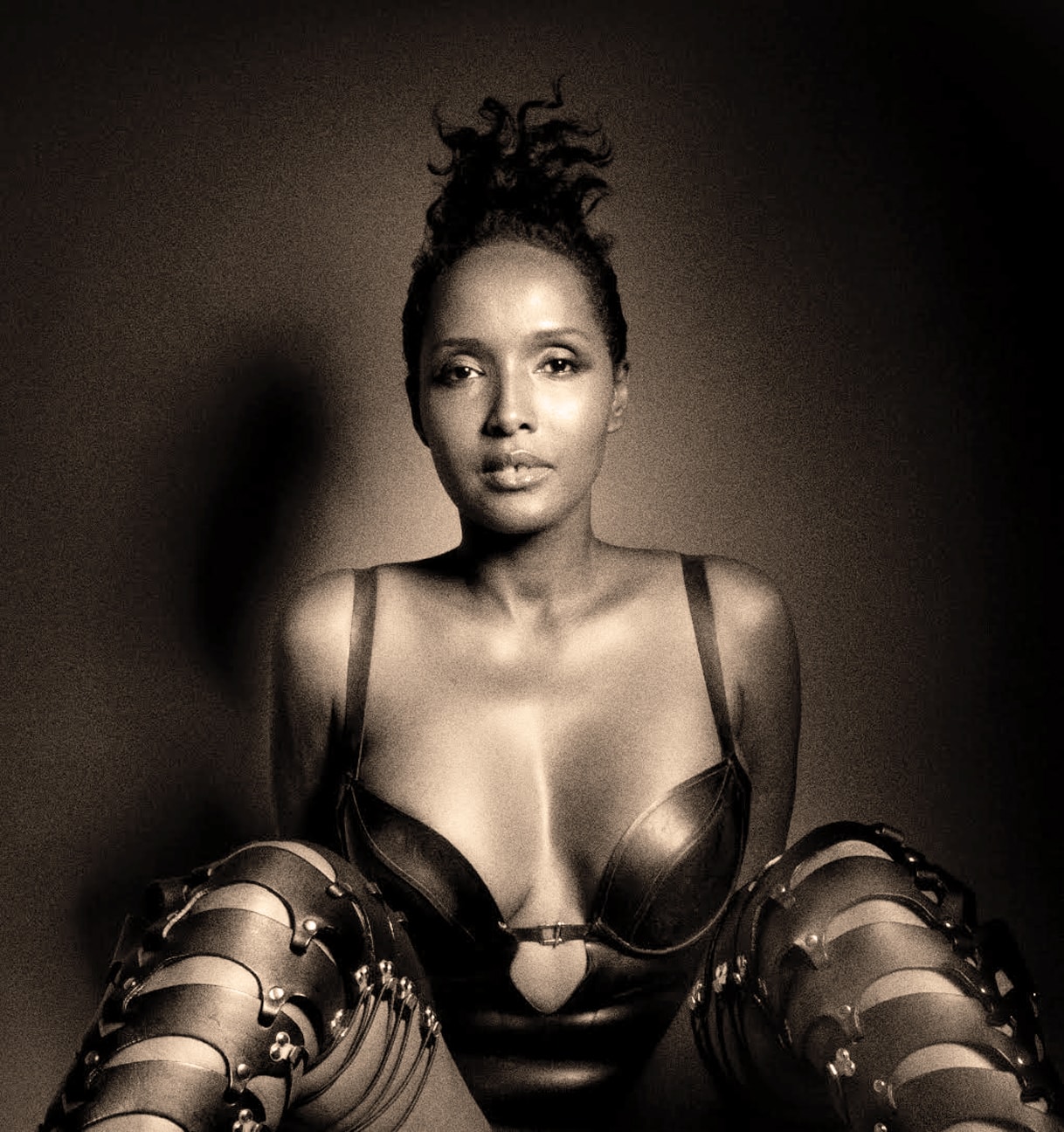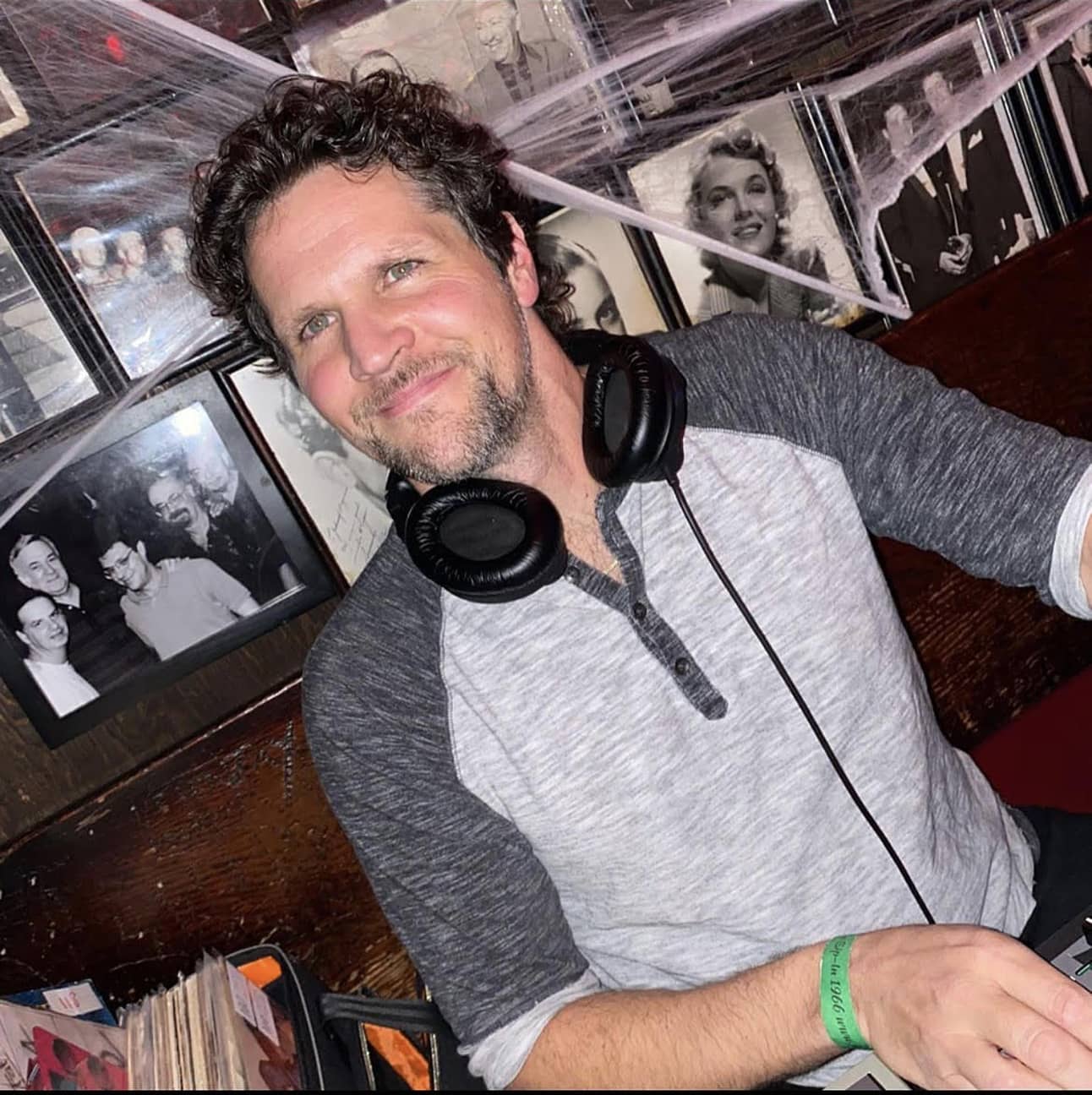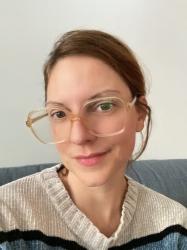Whether in blues, rock, gospel or jazz, Black female artists in the music industry have made historical impacts over the years. From pioneers like Billie Holiday, Aretha Franklin and Diana Ross, to modern-day icons Missy Elliott, Mariah Carey, Beyoncé, and Rihanna, numerous women have paved the way for young Black girls aspiring to be singers or rappers one day. Like women in many other professions, however, female musicians — especially Black women — still have a different experience than their male counterparts.
The lack of recognition and representation given to Black female artists is an ongoing concern. At a time when diversity and inclusion are at the forefront of conversations, will music finally address its woeful lack of female representation?
Joy Joseph started her career as a live percussionist in the London club scene and has since carved out a reputation as a groundbreaking drummer, composer, and songwriter. She is one fourth of Black Gold Buffalo, a Dark Pop band that has its roots in the East London New Wave movement. Nowadays she lives in Brooklyn, New York, and in addition to investing in her personal projects, she is a teacher to kids in a school.
Her contribution to Mr. Hudson and The Library, alongside singer-songwriter Mr. Hudson, put her on track for a career touring globally with artists like Kanye West, Amy Winehouse, Groove Armada, Calvin Harris, The Police, Erykah Badu, Mika, Duke Dumont, and New Build.
She has faced many challenges over the years, not only as a black woman, but as a musician in the industry where timing is everything. “I feel like attitudes are improving now. I had some difficult times in my life, like being pulled over traveling in airports, and this is the problem in society about stereotypes. I still feel the world needs a lot of work on this. But I believe it’s getting better. I see more women in the industry now in positions of power, like managers and producers. Representation is better than 10 years ago.”
We usually don’t consider the years of practice, commitment, and challenges that musicians experience in their careers prior to entertaining us. Every musician’s journey is unique. For some, the path to success in the music industry can be short.

As a child, Nasra Corbel wrote poetry, sang, danced, and played keyboard. By the age of 14, she was signed to a local recording company in Dubai, Stallion records. Shortly thereafter, to BMG as a teen pop singer. “We spent a lot of time recording in the studio, but this venture didn’t go far. Stallion at the time was looking for young artists to sign, but not develop artistically”.
Nasra moved the France before turning 18. “I was staying in Le Marais and hanging out at Cafe de la Gare. I took music classes with an incredible music teacher, Albert Assayag. He wrote all the arrangements for my first full song composition! He also introduced me to my first music agent.” And the rest is history. After her 18th, she was working on her debut album incorporating French, English, and Arabic. “I was very lucky to work with incredible French and African musicians. The exposure was incredible for a young girl out of Dubai! Paris inspired feelings to write more music. Songs started flowing out of me!”
Gender equality in the music
Patrick Kyle grew up in the 80s, signing in church and listening to his older brothers’ records. Prior to moving to New York City in 1999, he was a traveling nationally as a performer in the musical Footloose.
“I grew up in Pasadena, TX, a few blocks from Gilley’s, a honkey tonk made famous from the film, Urban Cowboy. I grew up in a religious church family, where at the time my older brothers and I were not allowed to listen to secular music. My first music was church hymns and Christian pop music. When I was 8 or 9, my brothers introduced me to stuff they were listening to, but it had to be kept secret. In 1988, 93Q started broadcasting live from Club 6400, a club that used to be called Fizz. The

DJs played New Wave, Industrial, EBM and electro. That started when I was 11. It changed my life. I recorded these broadcasts on cassette tapes and started my record collection digging in record stores, trying to find this music.”
Shortly after graduating from college, Patrick moved to New York and quickly took advantage of hew newfound opportunity. “So many restaurants, bars, small clubs, and retail want DJs to play but there’s a lot of competition. Forging genuine friendships out of mutual taste in music helps get gigs more than any other way. Having hustle is important. People respond to passion and desire, especially in a city where everyone is hustling for work. They see themselves in that desire to succeed. In a way, it’s easy to succeed in NYC because of the number of opportunities. If you were in a smaller city, it might not take you as far.”
Patrick’s favorite musicians are NYC classic DJs who are still around today: Nicky Siano and Danny Krivit. He sees Eli Escobar on track to becoming a legend in his own right. Other DJs that inspire him include JaydaG, DeeDiggs, and The Carry Nation crew.
“I look for DJs that will introduce me to new music that I will love. I love to see them play. I introduced myself to these djays and sometimes play alongside them.”
On gender equality, Patrick Kyle said to hope that anyone who is passionate about being in the music industry will not be discouraged because of their gender. “People want to give opportunities to a diverse group of people. It represents NYC and their clientele.”
His advice for anyone who is starting out in the music scene is to be persistent. If you want to do something, keep knocking on doors. One will eventually open for you. Seek out people who share the same values and music that you like to play. In addition to gigs, start your own party. Your friends will want to support and cheer you on. When you meet anyone who could potentially hire you, keep up with them. Try your best to start a genuine friendship with them. Some will respond better than others. If you have a vision of what kind of DJ you want to be, stick to it. If you don’t, no worries, it means you will appeal to more people and tastes. Being able to play vinyl and digitally will set you apart from the competition.
“Your genuine love of music will always be something that will set you apart. At the end of the day, we are all dance music nerds. Almost everyone going to see these shows will in some way also be a dance music nerd. This will give you something to talk about. Start there but don’t fake affection. Be sincere. You don’t have to tell people you love them. It will shine through in your eyes and how you treat people”, says Patrick Kyle.
VIVIANE FAVER
Journalist
vfaver@gmail.com


